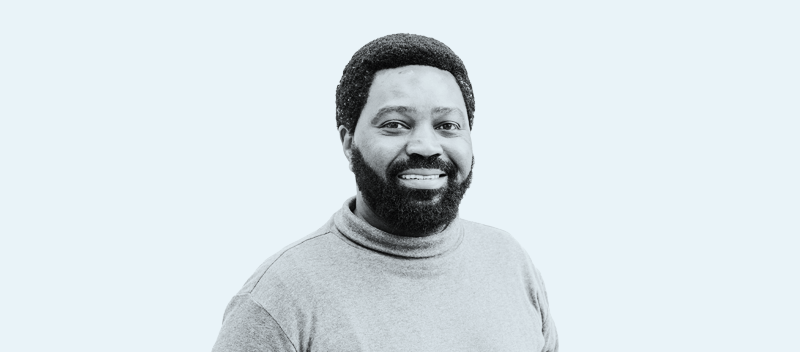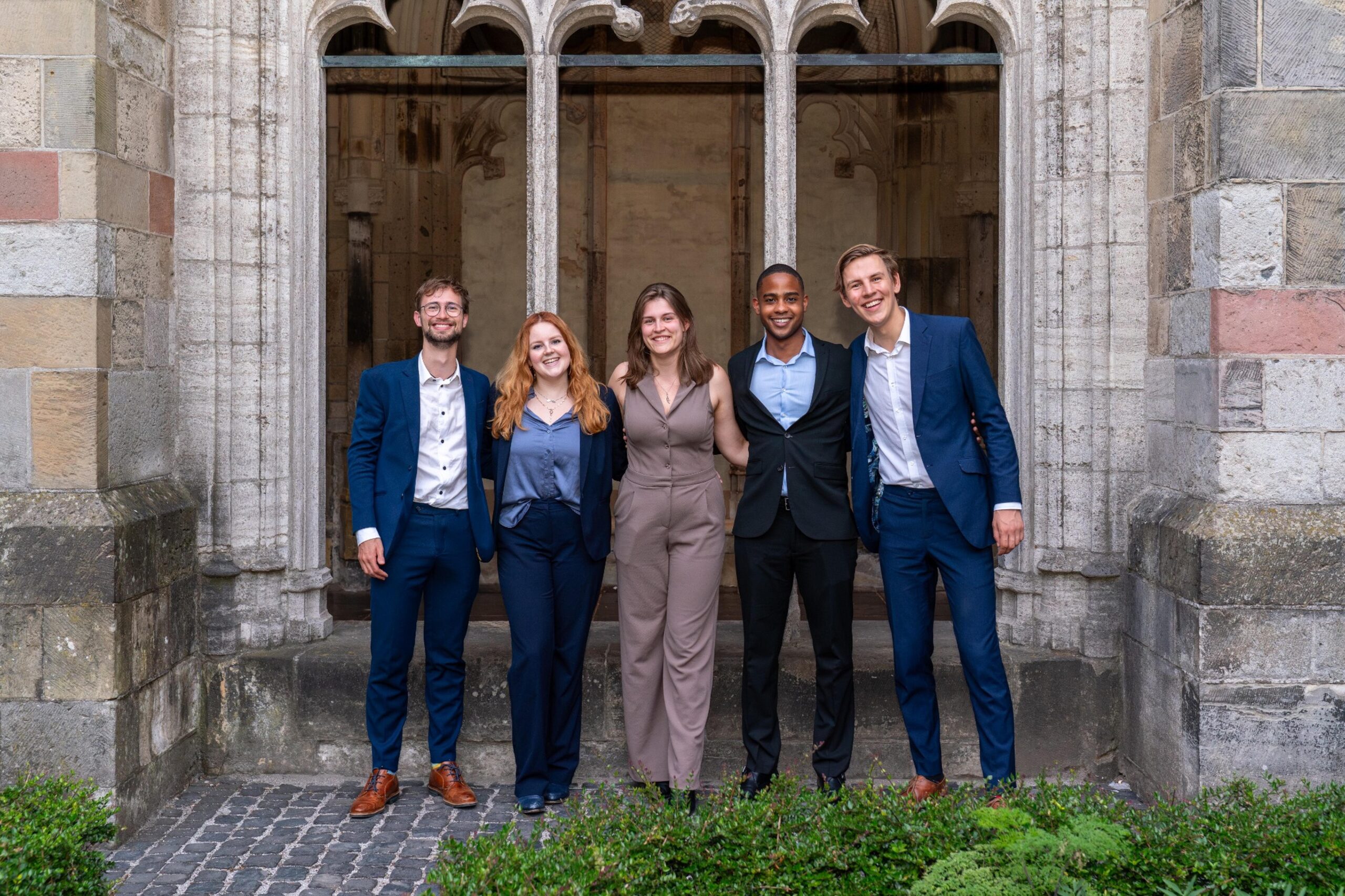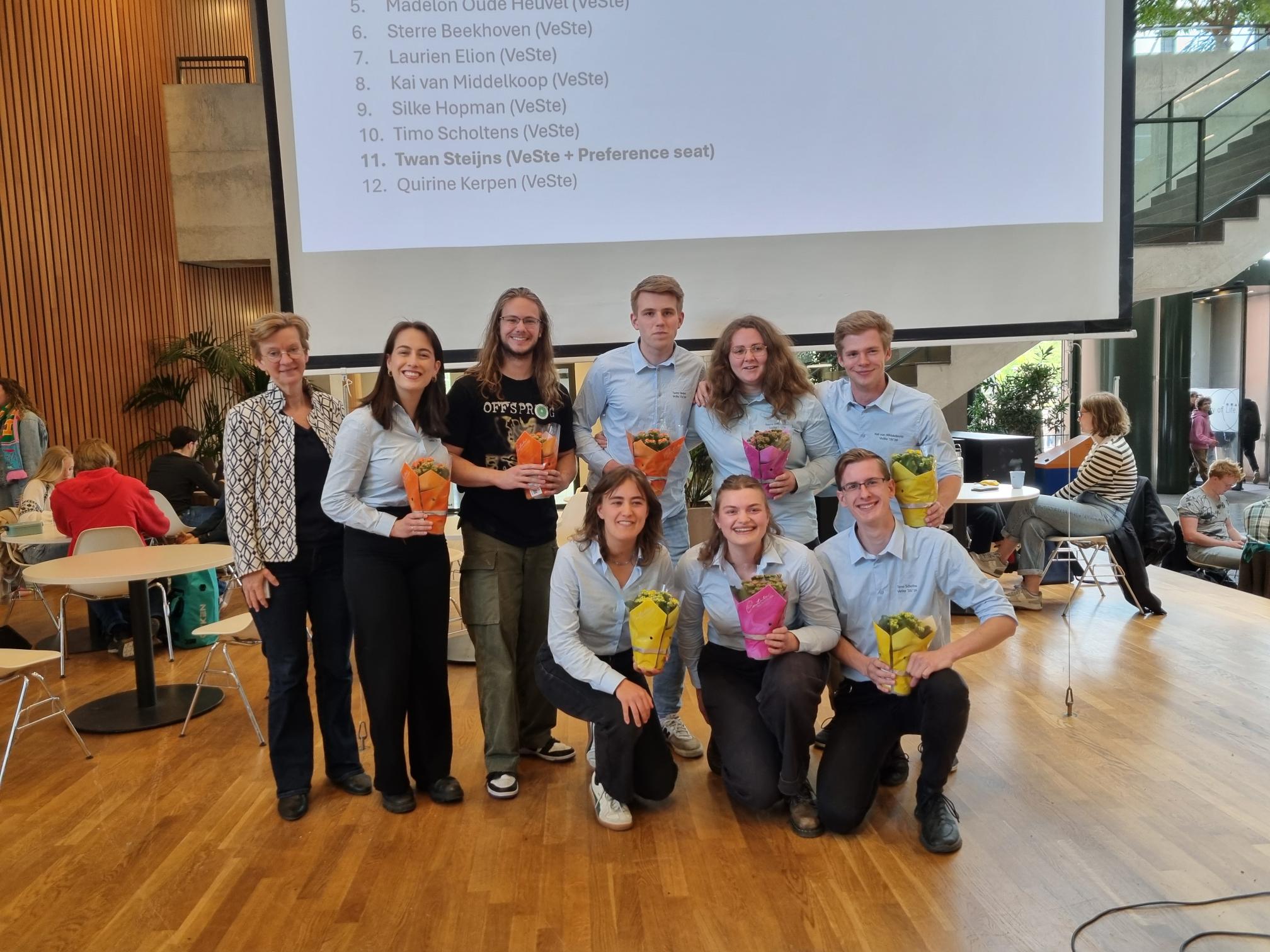Every academic year, two seats in the Student Staff Council are reserved for and required to be filled by two PhD candidates through an election. For the second year in a row, there were no elections for the PhD Council, which represents over 2,400 PhD students. However, two PhD candidates have fortunately stepped forward to ensure continued representation of the PhD community.
But have you ever wondered how to evaluate the success of previous councils? This is the elephant in the room, particularly for the WUR PhD Council. Over the years, there has been a constant and drastic decline in students willing to stand for elective positions. This also includes non-elective positions in the WUR Council, particularly among staff. However, competitiveness within the Student Council, representing Bachelor’s and Master’s students, remains strong thanks to the three council parties that are competing to win the votes of their constituents.
The PhD Council remains ineffective, with its elected members only taking on administrative roles
Convincing voters isn’t an easy task. It requires articulating clear messages that are factual, realistic and visionary, addressing underlying issues affecting students, such as the quality of education, mental health and well-being, teacher capacity, sustainability and so on. The best evaluation is when notable and identifiable policies and initiatives are emerging from this representation.
While one may say WUR’s policy and decision-making is a collective action, this isn’t the case for the PhD Council. The PhD Council remains ineffective, with its ‘elected’ members only taking on administrative roles within the WUR Council, neglecting their critical roles to voice issues affecting the PhD community. There is limited reaching out, no communication on past or current topics and potential achievements, and no single long-term agenda to influence upcoming policies or decisions in favour of the PhD community.
The top-down approach has become common on matters related to the PhD community, which is already disadvantaged in many respects. This raises a critical concern: good representation can be undermined. There is a need for the inclusive development of a new strategy and policy to guarantee true representation. And (international) scholarship PhD students must be allowed to represent themselves in the central participatory council. It’s time to decolonize the WUR representation system.
Joshua Wambugu (41), from Kenya, is a PhD candidate in the Marine Animal Ecology and Environmental Policy groups. He is a Social Safety Guide and loves cooking, hiking and birdwatching.

 Photo Guy Ackermans
Photo Guy Ackermans 


The issue of voting rights for non-contract PhDs is a real and long-standing concern in the Netherlands. Personally, I’m glad to see it brought forward. At the same time, I felt quite disheartened reading the piece. From my perspective, it overlooks the ongoing efforts by both the WUR Council and the Wageningen Doctoral Council (WDC) to improve the situation from within. As someone involved in this work, I can say it goes far beyond administrative tasks — it involves regular engagement with management, raising critical concerns, and pushing for real change in the system.
What felt especially difficult for me was seeing such a strong statement without any prior conversation with the people currently working on these issues. Personally, I’ve organised 8 weeks visibility campaign and try to have conversations about all issues related to our fellow doctoral candidates. I know there’s been a genuine attempt — including both councils — to reach and include African PhD voices. For me, it would have meant a lot if there had been a dialogue before sharing such a strong message publicly.
I care deeply about inclusivity and fairness, and I also believe that meaningful change starts with mutual respect and listening. There’s clearly a shared desire to improve our experiences at WUR — I just hope we can continue that effort through open and honest conversations.